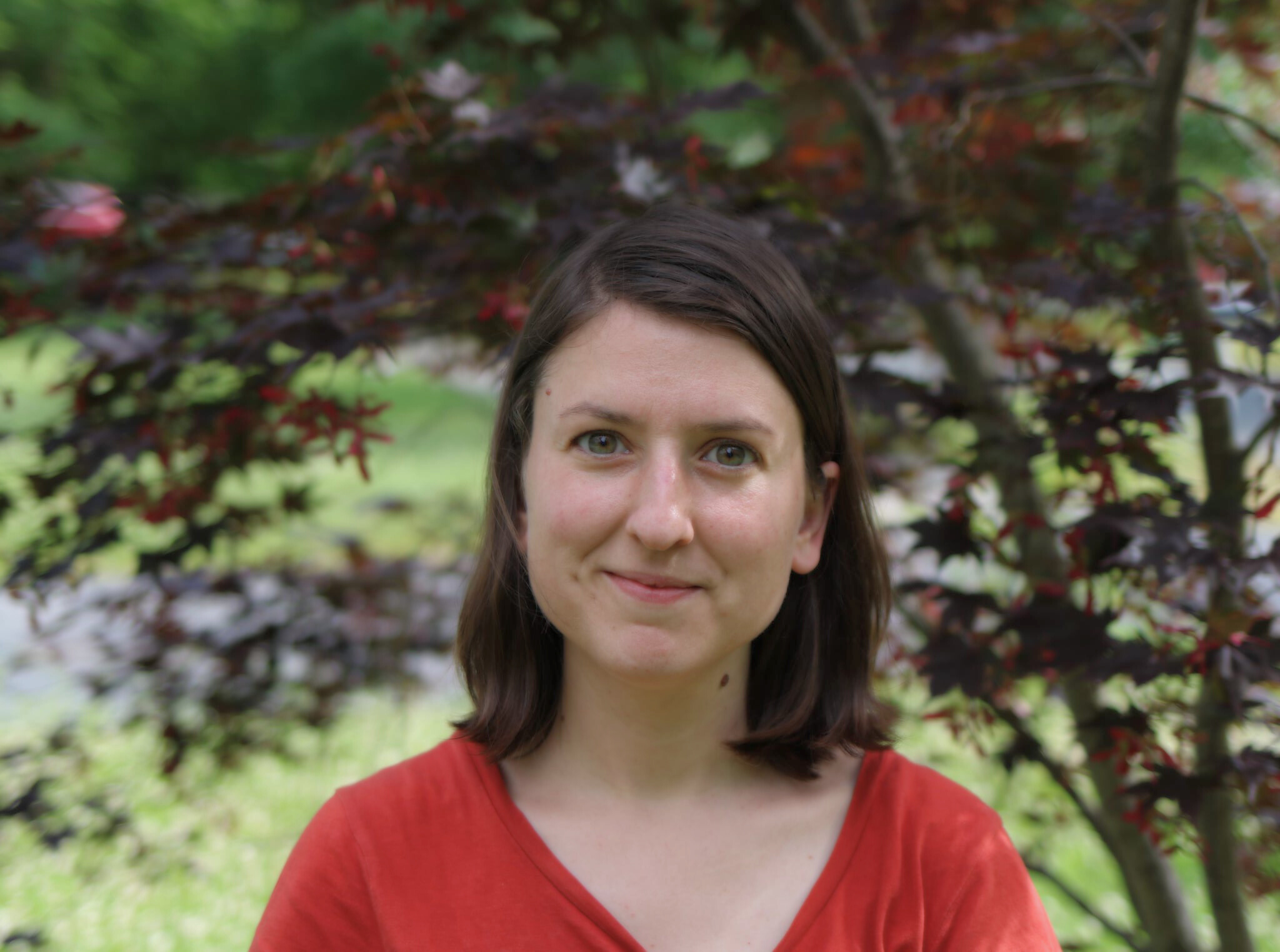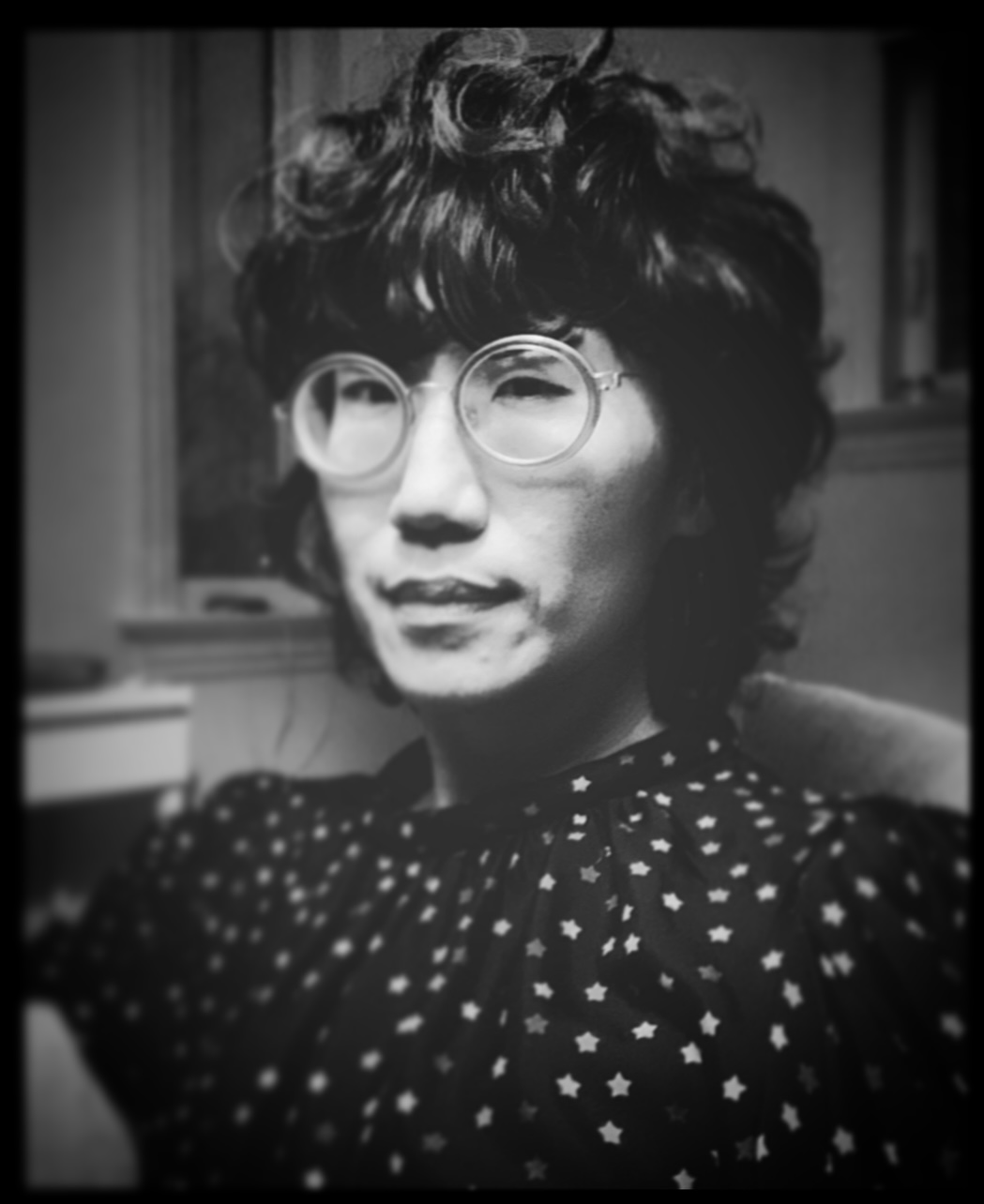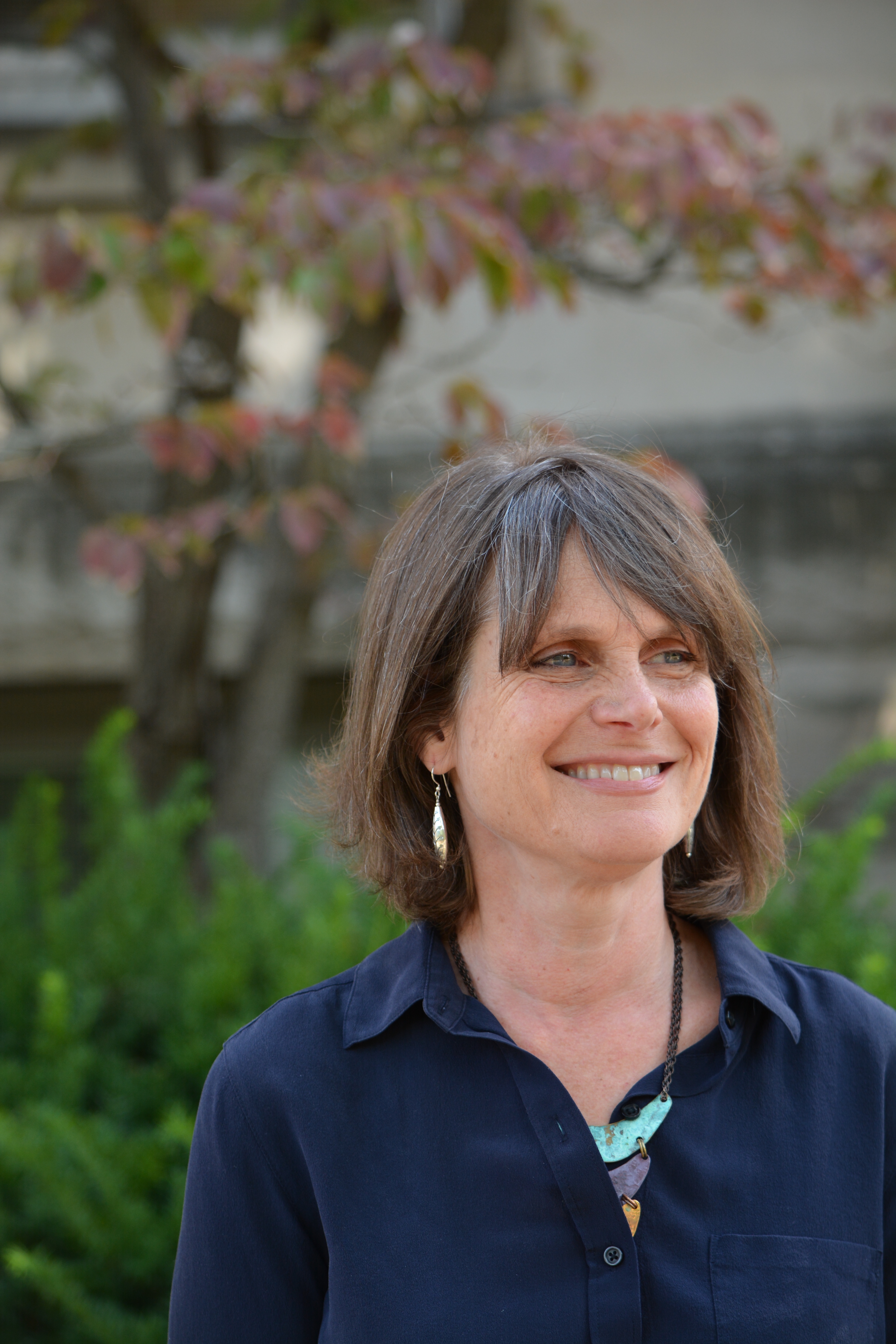Cosmic Archives (After Us)
This paper considers how films that invite viewers to confront the brevity of human life within the deep time of the cosmos also open up to archival questions about what traces remain after the end of human existence. Looking comparatively at films from the silent era that sought to bring astronomy education to cinematic life and and a set of contemporary popular science videos on YouTube that similarly animate cosmic theories, I argue that these films betray the alluring prospect of a future in which human visual regimes retain their power even in the face of human extinction. Within these films, the cosmos, rather than retaining its unassimilable alterity, becomes a cinematic space for imagining a form of anthropocentric permanence.
Hannah Goodwin is Associate Professor of Film and Media Studies at Mount Holyoke College. Her research revolves around the intersections between scientific and mediatized conceptions of time. Her book Stardust: Cinematic Archives at the End of the World explores the entanglements of astronomy and cinema as they channel the past and imagine archives for a future beyond human existence. She has recently published essays in several edited collections, including Uncanny Histories and Contemporary Visual Cultures of the Sublime, and is currently working on a coedited volume, Mediating Deep Time.








